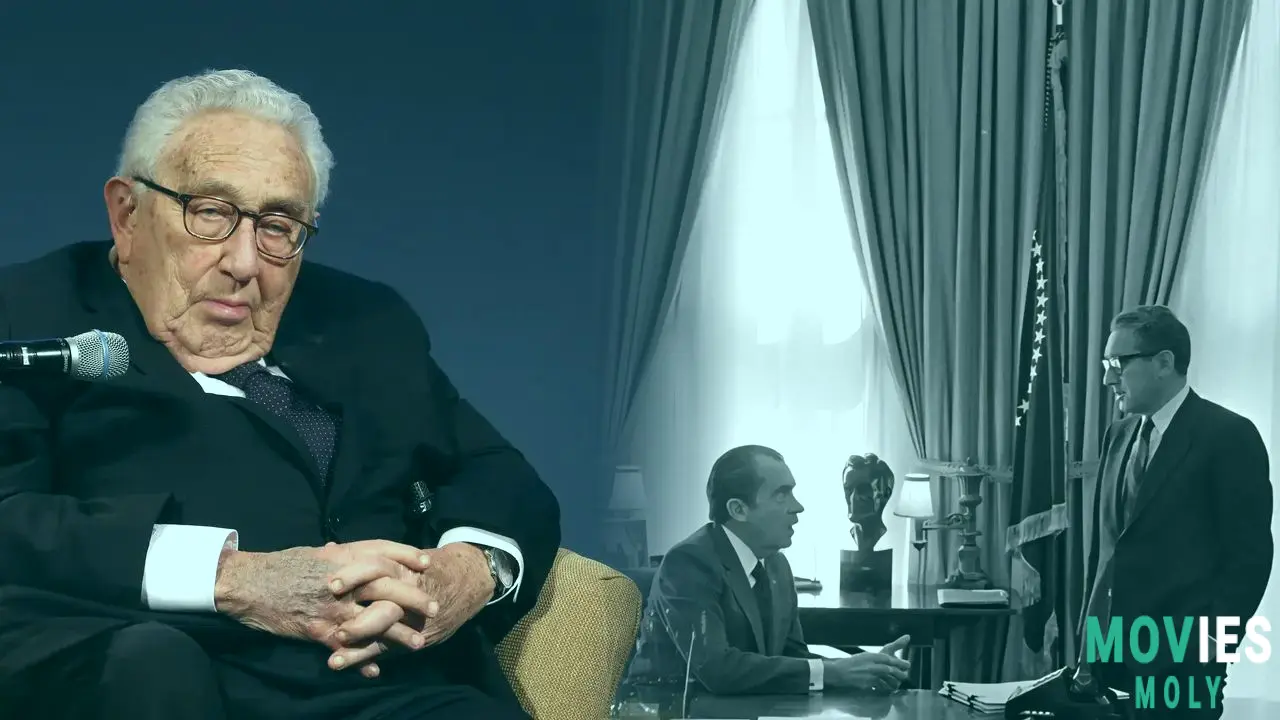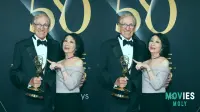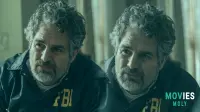Get ready to unravel the life and times of one of America's most enigmatic and controversial figures, Henry Kissinger, in a brand-new two-part documentary airing this October on PBS!
TL;DR: Here's the Scoop on the Kissinger Documentary- PBS's "American Experience" is dropping a two-part, three-hour documentary simply titled "Kissinger" on October 27-28, 2025.
- It dives into Henry Kissinger's incredible rise from a Nazi Germany refugee to a diplomatic powerhouse, balancing his celebrated achievements like opening China with his deeply controversial policies in Vietnam, Cambodia, and Chile.
- You can catch it live on your local PBS station or stream it anytime on PBS.org and the PBS app, with extra content for PBS Passport members.
Unpacking the Life of a Diplomatic Colossus: Henry Kissinger's Story
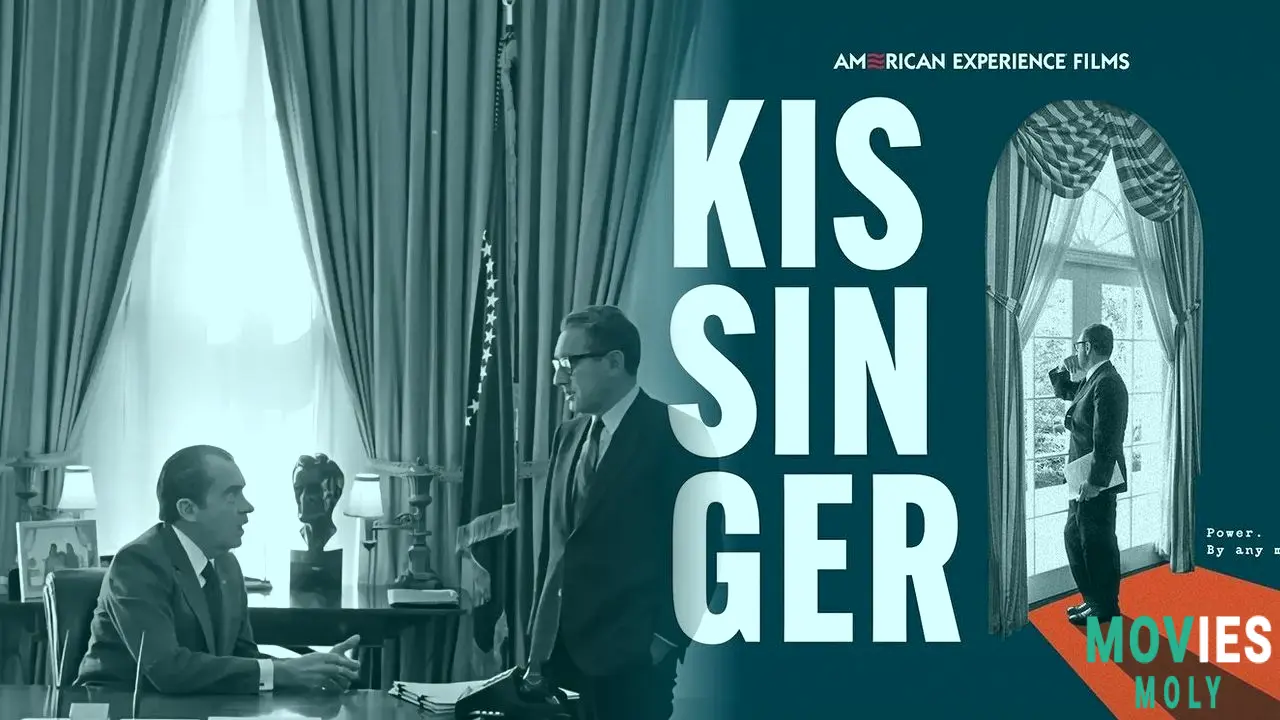
If you're into history, politics, or just a good old complex character study, then mark your calendars! PBS is bringing us a fresh look at Henry Kissinger, a name that still sparks fierce debate decades after he shaped much of 20th-century American foreign policy. This isn't just a dry history lesson; it's a deep dive into the man, his motivations, and the lasting impact of his decisions.
Kissinger, who lived from 1923 to 2023, truly had a life stranger than fiction. Can you imagine fleeing Nazi persecution in Germany at just 14 years old and then rising to become arguably the most powerful diplomat the United States has ever known? That was Henry Kissinger. After serving in the Army during World War II, he landed at Harvard, eventually becoming a government professor and a recognized expert in foreign policy. Soon enough, this "pudgy, bespectacled man" was plucked by President Richard Nixon to be his national security adviser, then Secretary of State, transforming into a "diplomatic colossus." Talk about an improbable journey!
The Diplomatic Achievements and Masterful Strategies That Defined an Era
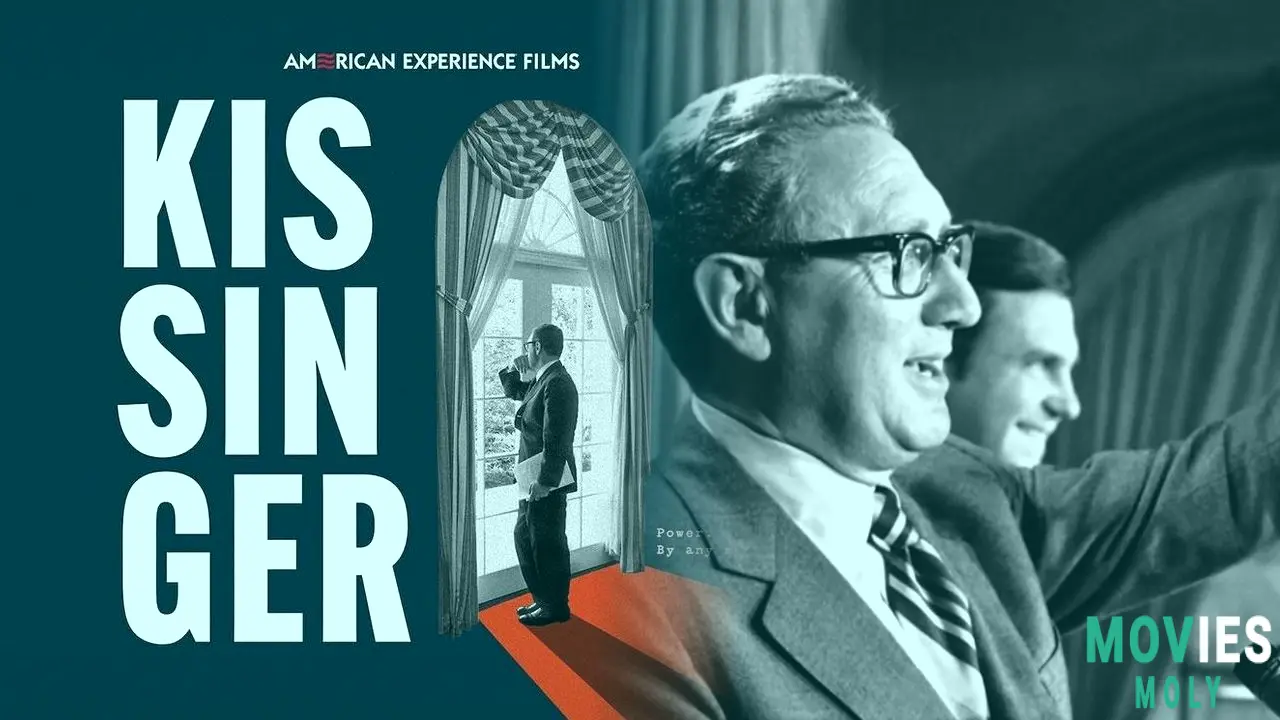
Love him or not, Kissinger's resume is packed with monumental diplomatic achievements. The documentary, directed by Barak Goodman, does a fantastic job of highlighting these. He was a driving force behind “détente,” Nixon's policy to ease tensions with communist rivals, significantly diminishing the risk of nuclear war during the scary Cold War era. Seriously, can you imagine the pressure?
His role in opening relations with China, a move that completely reshaped global politics, was nothing short of brilliant. And let's not forget the SALT I treaty with the Soviets in 1972, a crucial step in arms control. When Arab countries went to war with Israel in 1973, Kissinger's tireless “shuttle diplomacy” helped bring that conflict to an end. These were huge moments on the world stage, and Kissinger was at the center of them all. As historian Niall Ferguson puts it in the film, "Nobody, before or since, has played such an important role in American foreign policy. We've had to recognize it's Henry Kissinger's world."
"The question of the relationship of morality to foreign policy is a very complex one."
— Henry Kissinger, from the "Kissinger" documentary
The Deep Controversies and Ethical Dilemmas That Haunt His Legacy
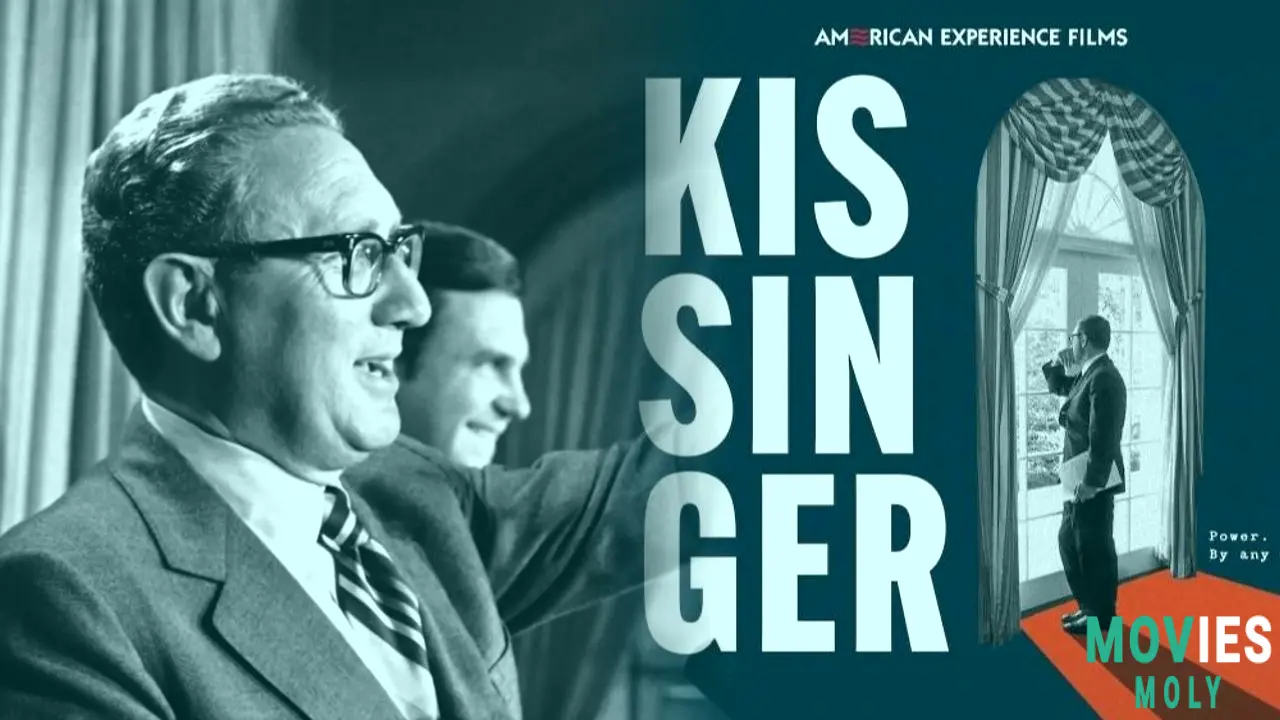
But here's where things get really complicated. While admirers hailed him as a visionary, detractors have reviled him as a war criminal. The documentary doesn't shy away from these tough questions, exploring how his pursuit of “realpolitik” – focusing on practical power and national interests over ideology or ethics – led to some truly devastating outcomes.
For instance, while Nixon and Kissinger are credited with ending U.S. involvement in Vietnam, the film asks whether they also prolonged it. We're talking about the secret bombing and subsequent invasion of Cambodia, actions some argue paved the way for the horrific Khmer Rouge regime. There’s also the troubling account of their non-intervention during Pakistani atrocities in Bangladesh in 1971, seeking Pakistani assistance for their secret negotiations with China. And in Chile, their encouragement of opposition to the democratically elected President Salvador Allende directly contributed to its bloody overthrow in 1973, ushering in the brutal reign of General Augusto Pinochet, a notorious human rights violator.
These weren't just abstract geopolitical chess moves. As Cambodian American political scientist Sophal Ear recounts in the documentary, his family was directly impacted: "My father who died, my oldest brother who's still missing to this day. Are they the victims of geopolitics and of decisions made with good intentions but that led to disaster? Yes absolutely." Even former President Barack Obama, in 2016, noted the tragic aftermath, saying U.S. bombs from Kissinger's watch "are still blowing off the legs of little kids." The film makes it clear that the costs of these policies were known at the time, even if the public wasn't fully aware.
A Man of Deep Contradictions and a Complicated Moral Compass
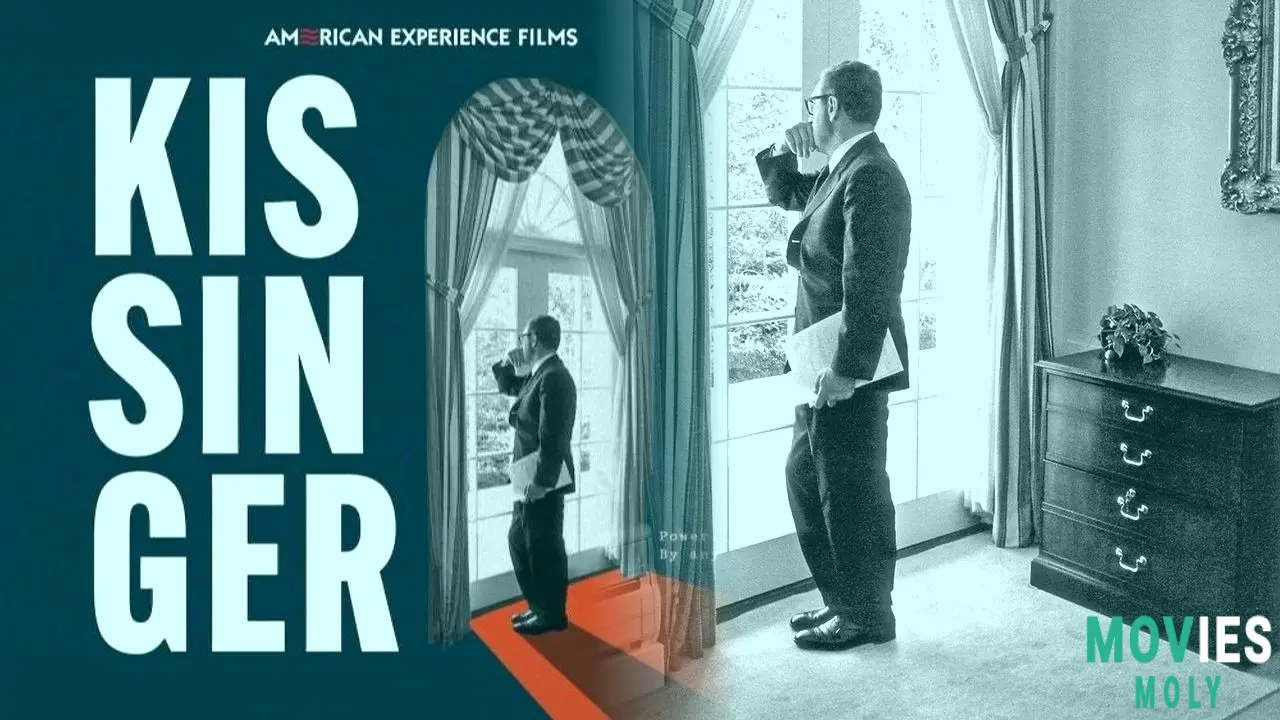
The documentary masterfully navigates Kissinger's contradictions. His son, David Kissinger, offers a unique perspective, recalling his father's belief that "strength was an unavoidable facet of resisting evil" and that "America was the last best hope of humanity. And he had experienced that personally." This deeply pessimistic view of human nature, shaped by his family's escape from Nazi Germany and his experiences as a U.S. soldier liberating concentration camps, informed his conviction that "only power could achieve that goal."
However, this focus on power often came at the expense of democratic norms and institutions. The film argues that Kissinger's penchant for secrecy, his reliance on covert backchannels, and his "anything goes" mentality — especially in his obsession with stopping leaks after the Cambodia operations were exposed — ultimately paved the way to the Watergate scandal. Former aides like Morton Halperin, Roger Morris, and Anthony Lake, while acknowledging his brilliance, offer less favorable views, sharing unsettling stories about wiretapping. It really makes you wonder about the trade-offs in the pursuit of grand strategy.
Behind the Scenes of the Documentary: What to Expect from the Filmmaking
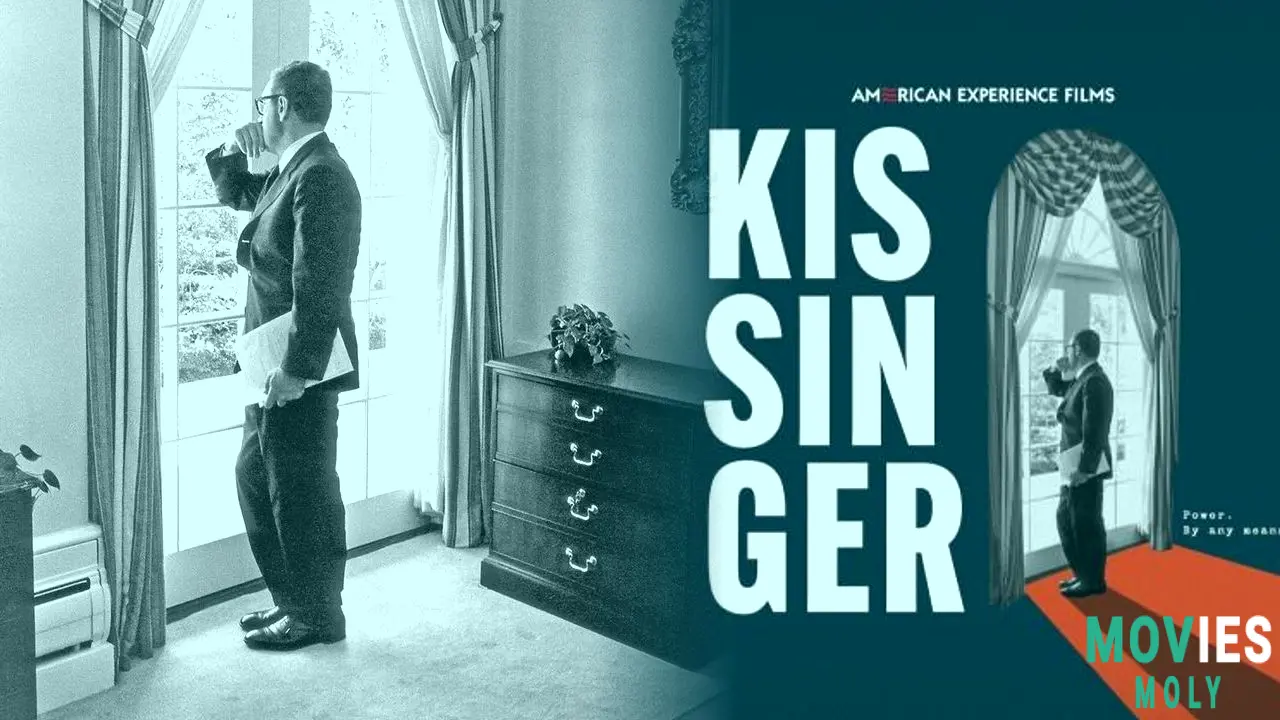
So, what can you expect from the documentary itself? Directed by the acclaimed Barak Goodman, "Kissinger" is part of PBS's venerable "American Experience" series, known for its in-depth historical explorations. The film uses a superb array of visual sources, including archival footage, White House recordings, press conferences, and personal interviews. You'll hear Kissinger's distinctively "thickly-accented, sepulchral voice" throughout, which is highlighted as one of the best parts of the film for reminding us of his compelling presence.
However, one critic found the occasional grayscale animation sequences — like ringing telephones or bombs exploding over a map of Cambodia — a bit "silly" and distracting, especially since "silly" is hardly a word associated with Kissinger. But don't let that deter you; the overall narrative and the insightful contributions from a diverse group of historians, former aides (like Winston Lord), and journalists (like CNN's Fareed Zakaria, and Nixon biographer John Aloysius Farrell) promise a compelling and balanced (though not uncritical) viewing experience.
The Personal Side: Getting to Know the Kissinger FamilyBeyond the geopolitical maneuvering, the documentary also touches upon Kissinger's personal life. He was married twice, first to Ann Fleischer, with whom he had two children: Elizabeth and David. Elizabeth, born in 1959, has largely stayed out of the public eye, leading a private life with her husband, Henry Vandermark, and their daughter, Julianna.
His son, David Kissinger, born in Boston in 1961, is perhaps more publicly known, though not in politics. After graduating from Yale and NYU, David had a career in entertainment, working as an entertainment attorney and journalist for Daily Variety. He later became Vice President of Operations at Walt Disney Television and a production executive at Universal Television. Today, he's the President of Conaco, the production company founded by Conan O'Brien. David often accompanied his father on trips and, as we saw, offers some profound insights into his father's motivations in the documentary. Henry Kissinger passed away on November 29, 2023, at the age of 100, leaving behind his wife, Nancy Maginnes, his two children, and five grandchildren.
His Enduring Shadow: Why Kissinger Still Matters TodaySo, why should we care about Henry Kissinger now? Because, as Niall Ferguson suggests, we still live in "Kissinger's world." His philosophy of realpolitik and his approach to foreign policy left an undeniable mark on generations of officials. The film convincingly argues that his willingness to ignore norms and prioritize power over institutions created a dangerous precedent, eroding some of the democratic guardrails we depend on. From his handling of the Vietnam War to his role in Chile, the documentary poses critical questions about balancing bold achievements with the dire costs of his policies.
This documentary is a must-watch for anyone trying to understand the complexities of power, diplomacy, and morality in international relations. It's a challenging but crucial look at a man who continues to shape how we think about America's role in the world.
Frequently Asked Questions About the Kissinger Documentary When does "Kissinger" premiere on PBS? "Kissinger" premieres as a two-night event, with Part 1 airing on Monday, October 27, 2025, and Part 2 on Tuesday, October 28, 2025. Check your local PBS station for exact broadcast times, as some may air it at 8 PM and others at 9 PM. Where can I watch the "Kissinger" documentary? You can watch it live on your local PBS station (like GBH2, Nine PBS, or Arizona PBS). It will also be available for streaming online at PBS.org and through the PBS App. PBS Passport members can access extended content and stream episodes on demand anytime. How long is the "Kissinger" documentary? The documentary is a two-part, three-hour event, with each part running approximately 90 minutes. Who directed the "Kissinger" film? The documentary was directed by award-winning filmmaker Barak Goodman, known for his historical and political documentaries within PBS's "American Experience" series. Sources- Information synthesized from multiple provided articles, including content from The Boston Globe, Foreign Policy, Primetimer, GBH.org, AZPBS.org, and UpNext.

